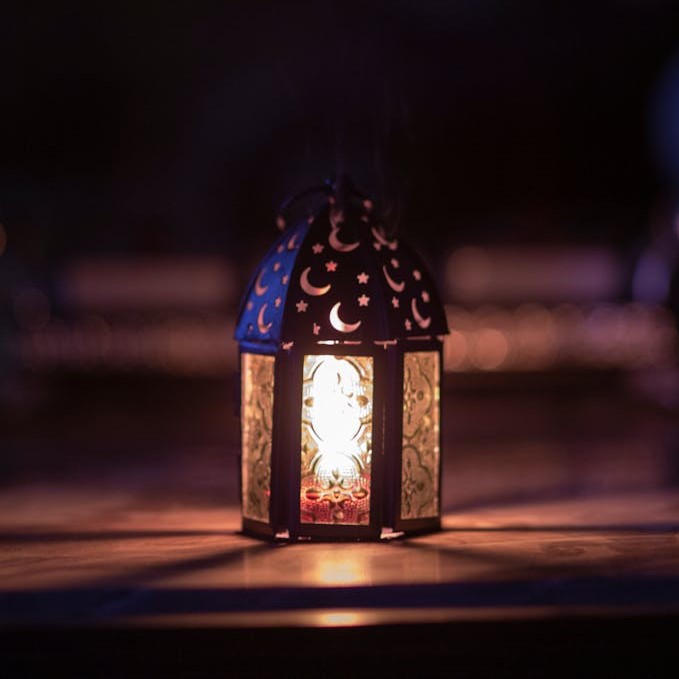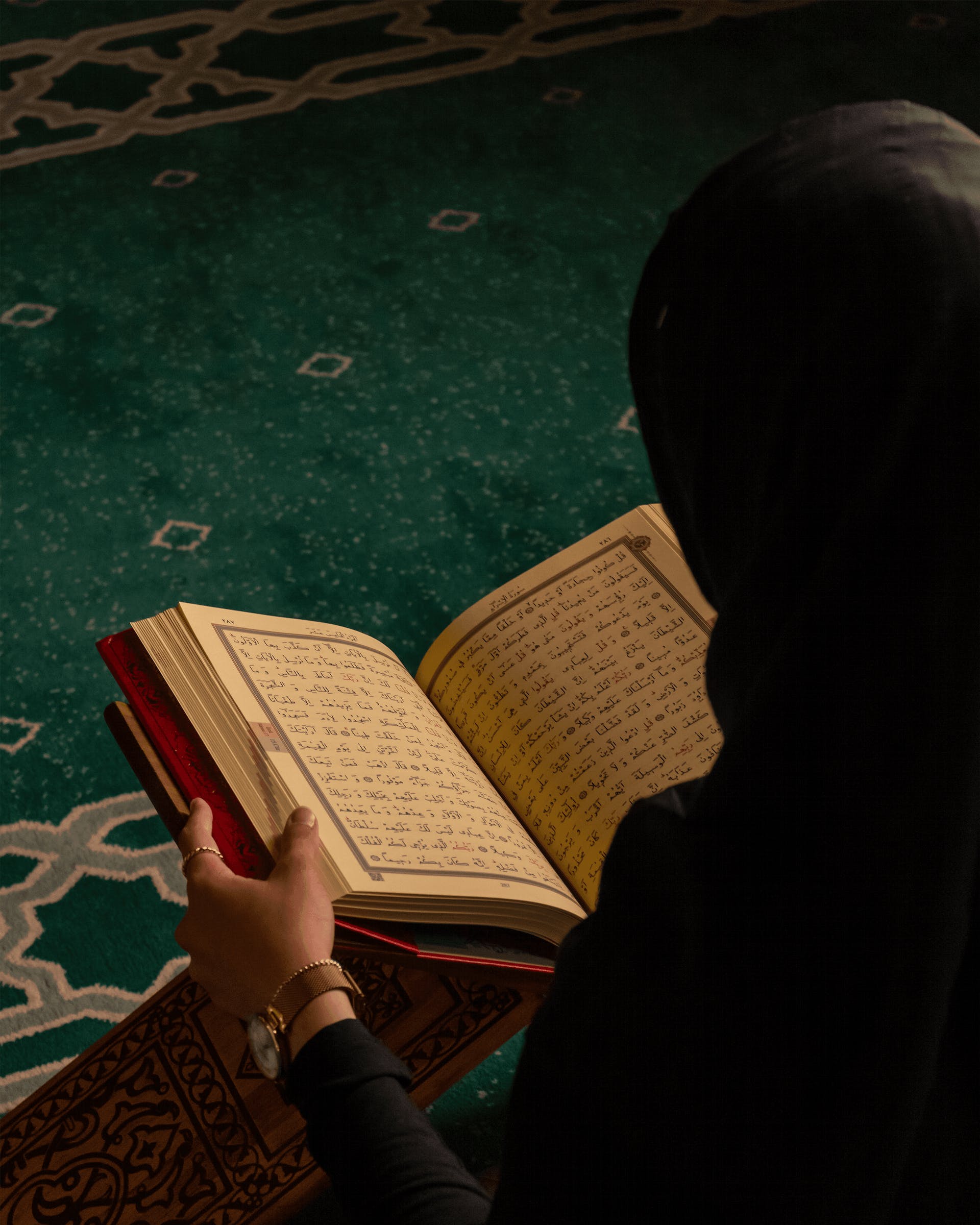Narrated `Aisha, the mother of the faithful believers:
“One night Allah’s Messenger (ﷺ) offered the prayer in the Mosque and the people followed him. The next night he also offered the prayer and a great many people gathered. On the third and the fourth nights more people gathered, but then Allah’s Messenger (ﷺ) did not come out to them.
–
In the morning he explained, ‘I saw what you were doing and nothing but the fear that it (i.e. the prayer) might be enjoined on you, stopped me from coming to you.’ And that happened in the month of Ramadan.”
(Sahih Bukhari)
How blessed was the Holy Prophet (PBUH) and how devoted were his companions that even when they were not asked to do so, they would eagerly follow him in everything!
So in Ramadan the Messenger (SAAWS) was in the habit of praying extra night prayers in the mosque, which we call tarawih. Some companions saw him reading twenty, some saw him reading eight rakats.
At no point did he ask his followers to join him, but out of sheer love, they did it anyway. As word got around that there was an opportunity each night of the Holy Month to offer additional prayers under the leadership of the Prophet, larger and larger crowds came to join in the blessed prayer.
The Prophet then abruptly disappeared from the mosque and continued tarawih on his own in the privacy of his home.
At the time of Umar’s rule, may God be pleased with him, he saw that people were reading tarawih in small groups, sometimes on their own, and he asked companions if he should get them an imam so they could all benefit from an inspiring and touching recitation of the Qur’an, and this is how the tarawih prayer took the form we see today.
The sunnah of the Prophet (PBUH) is to read tarawih. And his preference was to read it himself because he did not want people to start thinking that it is an obligation or that there is an exceptional reward in reading tarawih behind an imam.
For many people today, they go to tarawih in mosques, because it is easier to complete the prayer there and they also get an opportunity to hear the entire Qur’an with beautiful recitation. Some people however, think that going to the mosque for tarawih is an essential part of Ramadan and will even put more emphasis on reading tarawih than their obligatory prayers! Others still, will look down on those that do not go to the mosque for tarawih, and clearly that is wrong too!
May God give us the love to follow the Prophet (SAAWS) in praying tarawih in whichever form is convenient for us, and gain the magnificent rewards of the extra night prayers in this wondrous month. Ameen.











